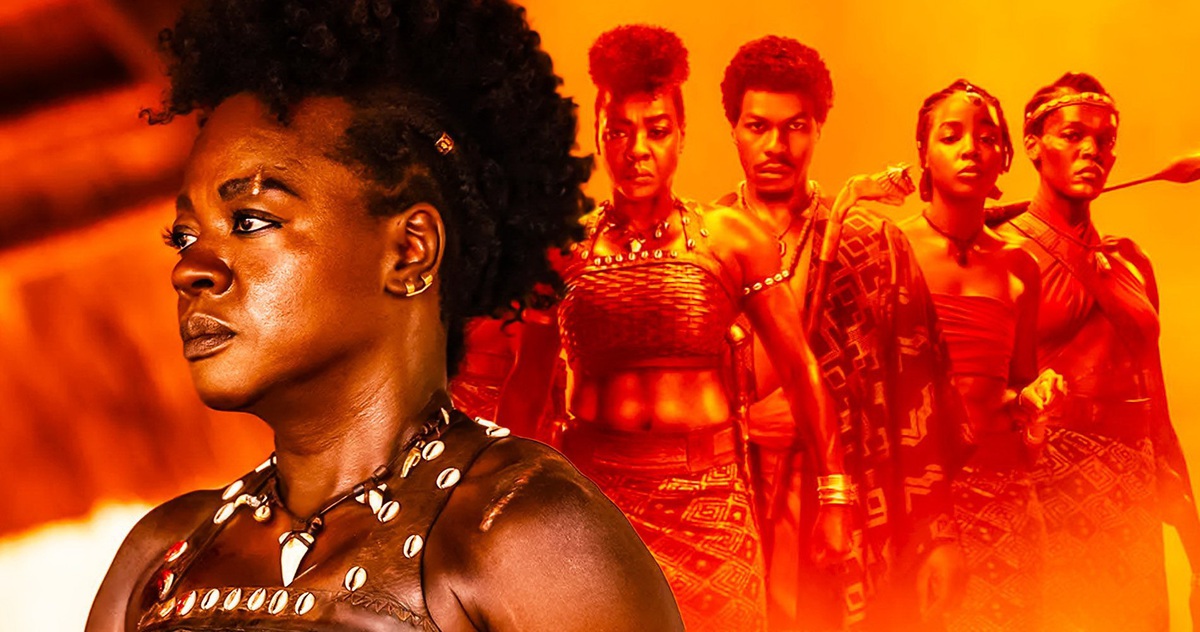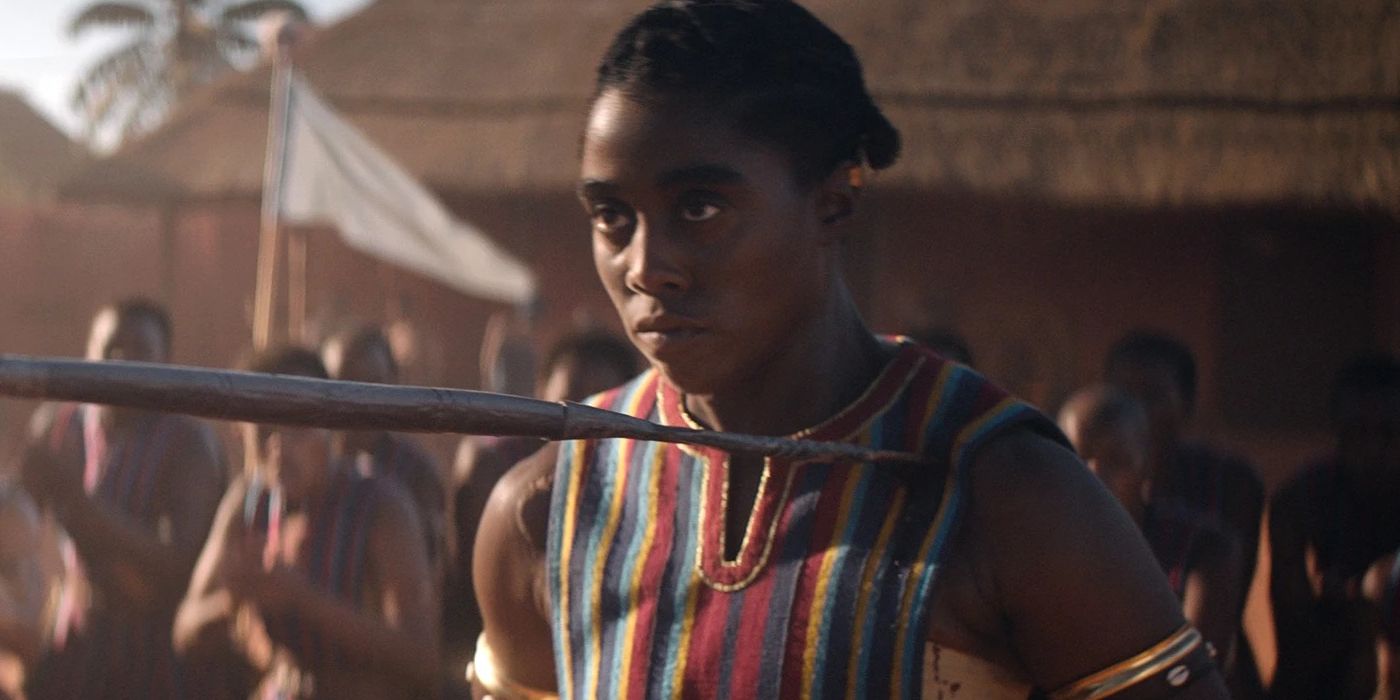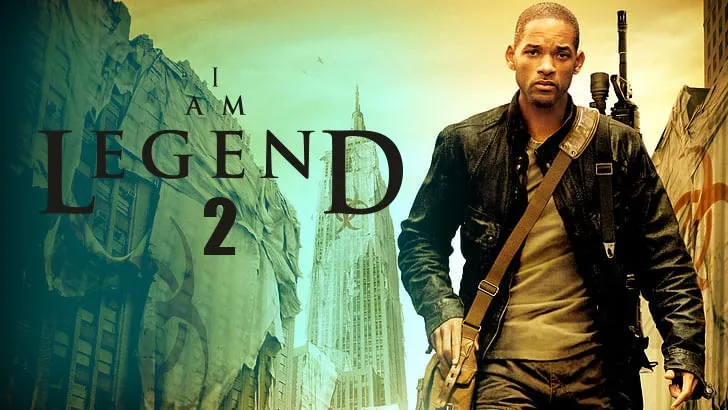In an era where historical epics are rare and female-led action films even rarer, The Woman King storms onto the screen with power, passion, and purpose. Directed by Gina Prince-Bythewood, this 2022 historical action drama is both a thrilling war saga and a moving portrait of sisterhood, resilience, and resistance.
Inspired by true events, The Woman King tells the story of the Agojie, an all-female warrior unit that defended the African kingdom of Dahomey in the 19th century. What unfolds is an emotionally charged, visually stunning, and thought-provoking journey into a part of world history rarely seen on screen.
Set in the 1820s, The Woman King follows General Nanisca (played with commanding brilliance by Viola Davis), the leader of the Agojie, as she trains a new generation of female warriors to protect the kingdom of Dahomey from colonial threats and rival African empires—including the Oyo Empire, which profits from the slave trade.
Among the new recruits is Nawi (a breakout performance by Thuso Mbedu), a spirited young woman who refuses to marry and instead chooses a life of battle. Through Nawi’s eyes, we are introduced to the strict yet empowering traditions of the Agojie, as well as the intense physical and emotional transformation they must undergo to become the elite protectors of their land.
As tensions rise between Dahomey’s moral stance and its participation in the transatlantic slave trade, Nanisca faces not only an external war but an internal one—wrestling with her past, her beliefs, and the role of the Agojie in shaping the kingdom’s future.
Viola Davis is absolutely magnetic as Nanisca. She blends steely resolve with deep vulnerability, giving us a warrior haunted by past trauma but unyielding in her love for her people. Davis's performance is both physically intense and emotionally layered—this is not just a hero but a complex, fully realized character.
Thuso Mbedu, in her first major film role, is luminous. Her Nawi is stubborn, passionate, and wildly charismatic, and her chemistry with Davis feels both maternal and respectful—two women from different generations learning from one another.
Lashana Lynch (as Izogie) brings warmth and humor to the story, often stealing scenes with her dry wit and fierce loyalty. John Boyega, as King Ghezo, plays his role with charisma and quiet authority, offering a glimpse into the political tension and power struggles shaping the kingdom’s fate.
What sets The Woman King apart is its willingness to explore the moral ambiguity of history. Dahomey’s involvement in the slave trade is not brushed aside—it’s confronted head-on, with characters like Nanisca pushing for a future that breaks from that legacy.
The film doesn’t offer simple answers. Instead, it opens space for difficult questions: What does freedom mean in a world built on exploitation? Can a warrior fight for peace? What does it cost to challenge a system from within?
The story is also a powerful statement on female strength and autonomy. These women aren’t warriors because they’ve been victimized—they’re warriors because they’ve chosen to reclaim their fate. Their physicality, emotional resilience, and unity form a counter-narrative to the typical male-driven war epic.
Director Gina Prince-Bythewood brings a steady, confident hand to the film, balancing large-scale action with intimate storytelling. The battle scenes are visceral, thrilling, and beautifully choreographed—there’s weight behind every strike, and each warrior fights with a unique style and voice.
But it’s the quieter moments—shared looks, ritual dances, moments of reflection—that elevate The Woman King from action movie to historical epic. The cinematography captures the beauty of West Africa: golden plains, dense jungles, regal costumes, and sunlit temples. Composer Terence Blanchard’s score pulses with drums, strings, and soaring vocals, creating a soundscape that’s both ancestral and cinematic.
The Woman King is more than just a movie—it’s a cultural milestone. It introduces global audiences to an important piece of African history and does so with elegance, intelligence, and emotional depth.
It’s a story of women—Black women—fighting not just for survival, but for sovereignty. It's an action movie with heart, a historical film with fire, and one of the most significant cinematic achievements of the 2020s.
For those seeking a film that is bold, beautiful, and unapologetically fierce, The Woman King stands tall—unbroken, unforgettable, and unafraid.







